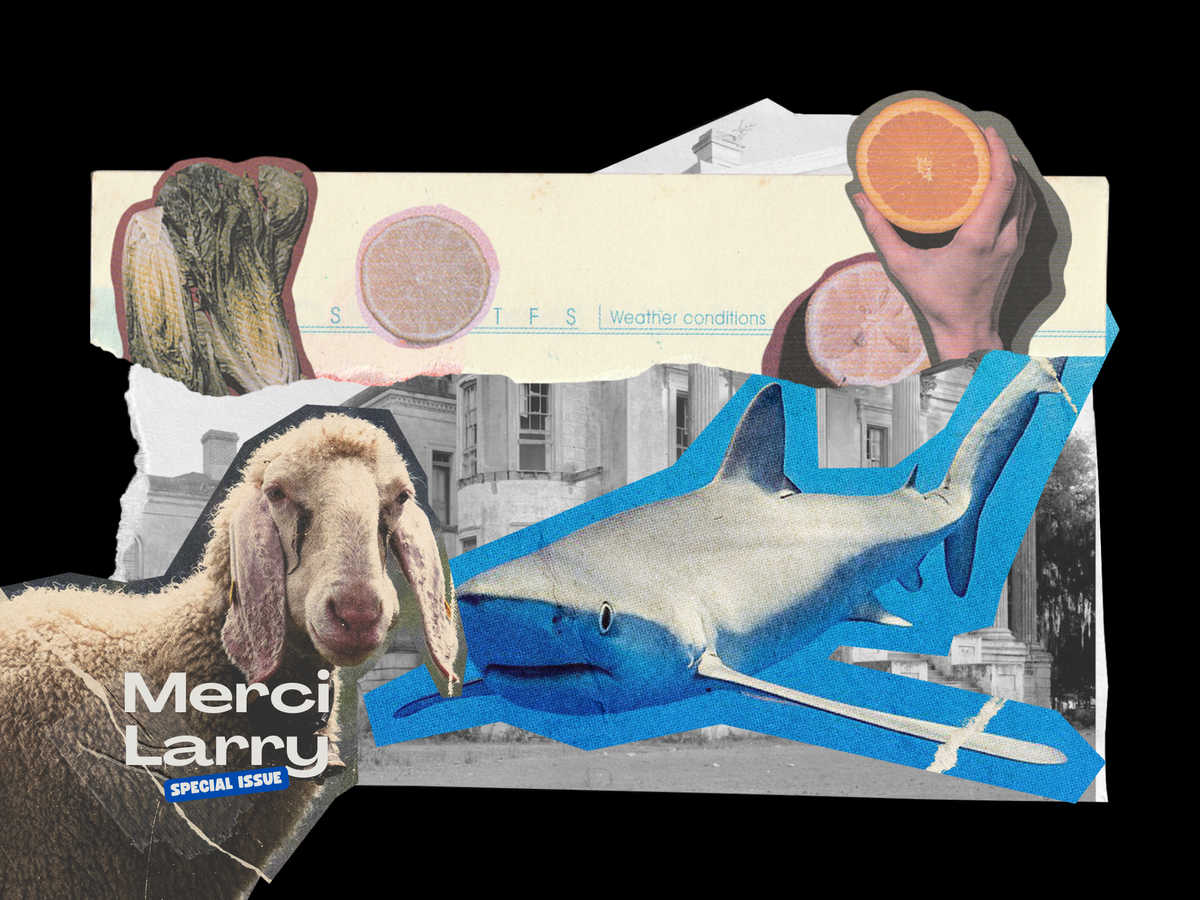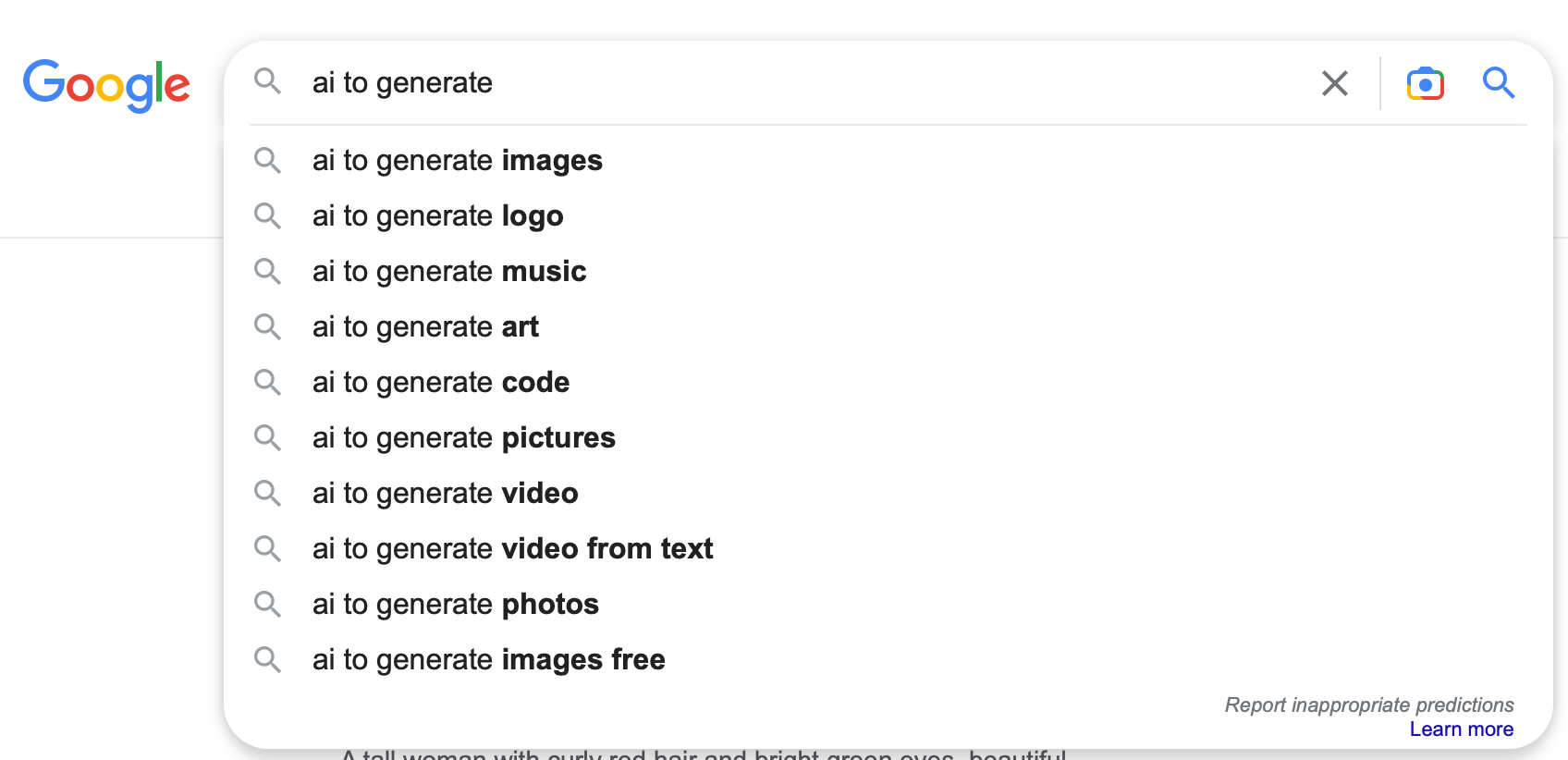Artificial intelligence: the dangers of turning it into a product for the masses
Artificial Intelligence is a complex science. Popularized with GPTs, it becomes unmanageable as regulation is not defined yet.

Artificial Intelligence (AI) is far from new. Still, until a few years back, AI was still the privilege of a minority: scientists & engineers specialized in this field.
TL;DR
- Lack of regulation. Brad Smith, the vice chair and president of Microsoft wrote in February 2023 "AI developments we had expected around 2033 would arrive in 2023 instead". Lawmakers and regulators can't keep up with the rapid advances in AI so it is up to the companies themselves to regulate the use of it.
- Removing entry barriers. With products such as ChatGPT by OpenAI, artificial intelligence is now accessible to everyone. It takes less than five minutes to create an account and to start using it; even if you don't have a clue about how AI works.
The current state of AI
It’s now likely that 2023 will mark a critical inflection point for artificial intelligence. The opportunities for people are huge. And the responsibilities for those of us who develop this technology are bigger still. We need to use this watershed year not just to launch new AI advances, but to responsibly and effectively address both the promises and perils that lie ahead. (Brad Smith).
Artificial intelligence is progressing at a bewildering rate. When it comes to technology, regulators and legislators are known to be always one step behind. Today, with the use of AI as it is made possible, it is obvious that they will always be behind in trying to regulate its usage. This is especially true since it is not up to a dedicated government to regulate its use but to do so at the international level, since everyone is concerned by the applications of artificial intelligence.
However, it is not only up to regulators and legislators to educate themselves about artificial intelligence. All of us, as potential or current users, must develop our curiosity to understand how artificial intelligence works and to date, to self-regulate ourselves in order to use it in the fairest way possible. It seems to be more important than ever for the integration and use of AI in our daily lives to understand how it works in order to make the best use of it.
Usage of artificial intelligence
Artificial Intelligence as used through ChatGPT, Dall-E 2, Midjourney, etc. kills creativity and thinking. Once you give free access to such tools and with no limitations, all sorts of usages become possible: have your homework done by artificial intelligence, generate content for an article, create an illustration image for an advertisement, correct or even write code entirely, etc. For most people, everything becomes possible with no limits.

As Brad Smith wrote in his blog post "Meeting the AI moment: advancing the future through responsible AI", "new technologies unfortunately typically bring out both the best and worst in people". As soon as ChatGPT was released, online courses (for a fee, of course) were already available to write the best prompts by people who have no knowledge or specific skills in artificial intelligence. Look for "ChatGPT" on Amazon, there are already more than 4,000 occurrences in the books section!
One risk is that the race to cash in on artificial intelligence will lead profit-minded practitioners to drop their scruples like excess baggage. (Peter Coy for The New York Times, paper edition).